Will district-level police not be established in the near future in Vietnam? Do district-level police pay personal income tax?
Will district-level police not be established in the near future in Vietnam?
Based on sub-section 2.3 Section II of Conclusion 121-KL/TW in 2025 Download regarding the summary of Resolution 18-NQ/TW in 2017 of the Central Executive Committee of the Communist Party, Term XIII, as follows:
Regarding the agencies of the Government of Vietnam
- Merge ministries: Ministry of Planning and Investment and Ministry of Finance into the Ministry of Finance; Ministry of Construction and Ministry of Transport into the Ministry of Construction; Ministry of Agriculture and Rural Development and Ministry of Natural Resources and Environment into the Ministry of Agriculture and Environment; Ministry of Information and Communications and Ministry of Science and Technology into the Ministry of Science and Technology; Ministry of Labor - Invalids and Social Affairs and Ministry of Home Affairs into the Ministry of Home Affairs.
- Establish the Ministry of Ethnic and Religious Affairs based on the Committee on Ethnic Affairs, receiving additional functions, tasks, and state management apparatus regarding religion from the Ministry of Home Affairs.
- Agree on the policy to reorganize the inspectorate system based on arranging and reorganizing the Government Inspectorate of Vietnam and the system of local inspectorate agencies. Currently specialized inspection.
- Agree on the policy of reorganizing the apparatus of local police towards "comprehensive, strong commune, closely base-oriented," not organizing district-level police. An exception is made for island districts where police posts (since there is no commune administrative unit) are arranged. Experiment with not establishing party organizations in the police of district-level towns, cities under a province, cities directly under the Central Government.
The Central Committee agrees on the policy of reorganizing the apparatus of local police towards "comprehensive province, strong commune, closely base-oriented," not organizing district-level police.
An exception is made for island districts where police posts are arranged due to the absence of commune-level administrative units.
The Central Committee also decides to experiment with not establishing party organizations in the police of district-level towns, cities under a province, cities directly under the Central Government.
Thus, the upcoming policy will be to reorganize the local police apparatus in the direction of not organizing district-level police.
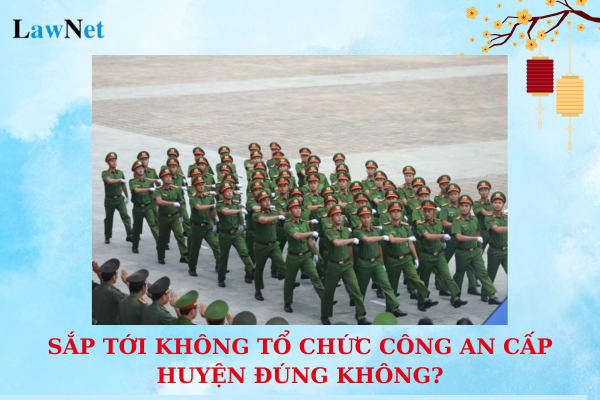
Will district-level police not be established in the near future in Vietnam? Do district-level police pay personal income tax? (Image from the internet)
What is district-level police in Vietnam?
Based on Article 17 of the Law on People's Public Security 2018, which regulates the organizational system of the People's Public Security, as follows:
Organizational System of the People's Public Security
- The organizational system of the People's Public Security includes:
a) Ministry of Public Security;
b) Provincial police, city police directly under the central authority;
c) District-level police, district-level towns, cities under a province, cities directly under the central authority;
d) Communal police, ward police, commune-level town.
- The Government of Vietnam stipulates specifically the construction of formal communal police, commune-level town.
- To meet the requirements of national security protection, ensuring order, and social safety, the Minister of Public Security decides to establish police stations and independent units deployed in necessary locations.
Thus, district-level police are one of the four levels in the organizational system of the People's Public Security.
Vietnam: Do district-level police pay personal income tax?
Based on Article 2 of the Personal Income Tax Law 2007, which regulates personal income tax liabilities as follows:
Tax Payers
- Personal income taxpayers are resident individuals with taxable income prescribed in Article 3 of this Law arising inside and outside the territory of Vietnam and non-resident individuals with taxable income prescribed in Article 3 of this Law arising within the territory of Vietnam.
- Resident individuals are persons who satisfy one of the following conditions:
a) Present in Vietnam for 183 days or more in a calendar year or 12 consecutive months from the first day of presence in Vietnam;
b) Have a regular place of residence in Vietnam, including a registered permanent residence or rented house to live in Vietnam according to a rental contract of 12 months or more.
- Non-resident individuals are persons who do not meet the conditions specified in clause 2 of this Article.
Simultaneously, based on Article 3 of the Joint Circular 206/2013/TTLT-BTC-BCA, which regulates taxable income from salaries and wages of the People's Public Security, as follows:
Taxable Income from Salaries and Wages
Taxable income from salaries and wages includes:
- Salary, wage, and other salary-like amounts in cash or not stated in recruitment decisions, salary increase decisions, promotion decisions, or stated in labor contracts, collective labor agreements.
- Allowances, subsidies, including living expenses received by the taxpayer, except for the following allowances and subsidies:
a) Special allowances in the People's Public Security:
- Special allowance;
- Seniority allowance for officers, non-commissioned officers; additional seniority allowance for officers, non-commissioned officers;
- Defense and security service allowance for officials and public employees, police personnel.
b) Special security allowances:
- Allowances or benefits for officers, non-commissioned officers, soldiers performing particularly strenuous, dangerous or heavy-duty, dangerous jobs; when participating in training, combat, combat readiness, drills, law execution, flood, storm prevention, injury recovery, and search and rescue, and some other duties;
- Allowances or benefits for the police forces directly participating in work teams strengthening the base at the Central Highlands, Southwest and Northwest regions, and Vietnam-Laos border provinces;
- Allowances for police officers working in highland and island areas;
- Allowances, benefits for the police force ensuring traffic order and safety;
- Special allowances for certain judicial and responsibility positions according to the inspection profession for specialized police inspectors, responsibility allowances for members of Party executive committees (as prescribed by the Central Office of the Communist Party), responsibility allowances according to profession for Party check officers, responsibility allowances in anti-corruption activities in the People's Public Security;
- Allowances, benefits for the forces investigating cases, pursuing offenders in the People's Public Security;
- Allowances for officers from the People's Public Security forces directly involved in management, education, care, medical examination, and dealing with HIV/AIDS-infected subjects;
- Preferential allowances, responsibility for educators, education management officials working at reform schools, cultural schools in the People's Public Security;
- Preferential allowances for police officers, non-commissioned officers from the security services in the People's Public Security;
- Special allowances and specific allowances for intelligence forces;
- Allowances, support for forensic examiners according to the provisions of law;
- Special allowances for police officers in the People's Public Security according to Decision No. 91/2009/QD-TTg dated July 6, 2009, by the Prime Minister of the Government of Vietnam;
- Allowances for police officers working in economically and socially difficult areas according to the provisions of law;
- Allowances for forces performing tasks at K, C;
- Support allowances for officials, police officers serving to protect international conferences held in Vietnam, protect major national holidays, festivals, and traditions;
- Occupational preference allowances for legal staff and artistic labor in the People's Public Security;
Special allowances for cryptographic forces in the People's Public Security: Responsibility allowances for protecting secrets, cryptographic industry-specific allowances (if any), responsibility allowances for cryptographic work;
- Other security allowances for the police force as prescribed by law;
- Allowances to address social evils and ensure security as prescribed by law;
- Demobilization and reintegration support; job creation support after demobilization;
- Special demobilization allowance for police officers when retiring, dying, transferring industries, ceasing service in the People's Public Security according to the provisions of law;
- Other allowances and subsidies deductible according to the provisions of the law on personal income tax.
c) Allowances, subsidies deductible according to the provisions of the law on personal income tax:
c.1) Monthly preferential allowances and one-time subsidies according to the provisions of the law on preferential treatment for people with merits;
c.2) Hazardous, dangerous allowances for professions or jobs in workplaces with hazardous factors;
c.3) Attraction allowances, regional allowances;
c.4) Unforeseen hardship subsidies, labor accident subsidies, occupational disease subsidies, one-time childbirth or adoption subsidies, maternity benefit levels, recovery and health restoration benefits after maternity leave, illness, after accident treatment, occupational diseases; subsidies due to reduced working capacity, one-time retirement benefits, one-time survivorship benefits, monthly survivorship benefits, severance subsidies, unemployment subsidies, and other subsidies according to the Labor Code and Social Insurance Law;
c.5) Subsidies for individuals under social protection regimes as prescribed by law;
c.6) Service allowances for senior officials;
c.7) One-time subsidies for individuals transferring work to economically and socially specially difficult areas, one-time support for officials working on sovereignty over seas and islands according to the provisions of law.
The allowances, subsidies, and non-taxable income allowances specified in clause 2 of this Article must be defined by the competent state agency. If the received allowances, subsidies exceed the specified level, the excess part must be calculated into taxable income.
- Monetary or non-monetary bonuses in any form, except for the following bonuses:
a) Bonuses attached to titles awarded by the State, including bonuses attached to emulation titles, commendation forms according to the law on emulation and commendation, specifically:
- Bonuses attached to emulation titles like: National Emulation Fighter; Ministry, sector, central union, province, centrally-run city Emulation Fighter; Basic Emulation Fighter, Advanced Laborer, Outstanding Fighter;
- Bonuses attached to commendation forms;
- Bonuses attached to titles awarded by the State;
- Bonuses attached to awards granted by associations, organizations belonging to political organizations, political-socio organizations, social organizations, social-professional organizations of central and local levels in accordance with their charters and in accordance with the regulations of the Law on Emulation and Commendation;
- Bonuses attached to the Ho Chi Minh Prize, State Prize;
- Bonuses attached to Commemorative Medals, Badges;
- Bonuses attached to Certificates of Merit, Commendation Sheets.
- The authority to make commendation decisions and bonus levels attached to the above emulation titles and commendation forms must comply with the regulations of the Law on Emulation and Commendation.
b) Bonuses accompanying national prizes, international prizes recognized by the Vietnam State.
c) Bonuses for technical improvements, inventions, recognized by competent state agencies.
d) Bonuses for detecting and reporting legal violations to competent state agencies.
e) Bonuses for achievements in preventing and fighting crimes, protecting national security; bonuses for achievements in scientific research for national security protection, in the Emulation for National Defense movement, the entire people's movement to protect national security.
- Remunerations received under forms such as brokerage commissions; money received for participating in research topics, scientific and technical projects; money received for participating in projects, plans; royalties as prescribed by law on royalties policy; money received for teaching activities; money received for cultural, artistic, sports performances; advertising services; other services; other remunerations. The money received from participation in business association boards, board of directors, supervisory boards, project management boards, management councils, associations, and professional organizations and other organizations. Benefits in cash or non-cash outside of wages or salaries paid by employers that taxpayers receive in any form as guided in points c, d, đ Clause 2 Article 2 Circular No. 111/2013/TT-BTC dated August 15, 2013, by the Ministry of Finance.
...
Thus, through these two regulations, it can be seen that income from wages and salaries of district-level police is income subject to personal income tax. Therefore, district-level police must pay personal income tax if their income from wages and salaries reaches the taxable threshold.
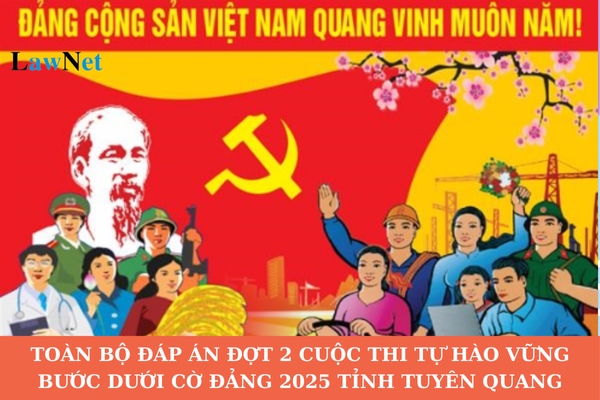
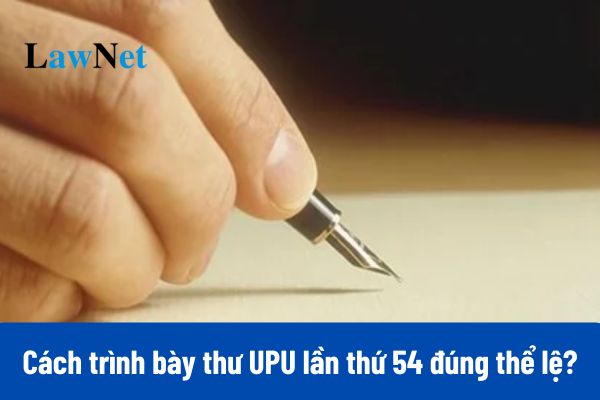

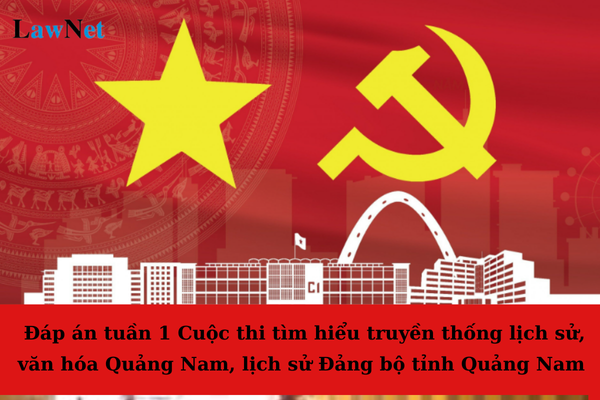
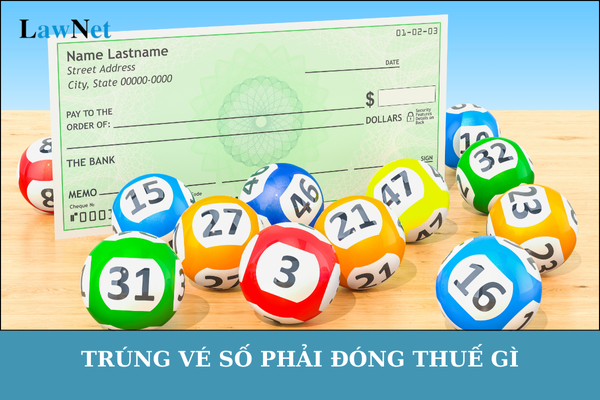

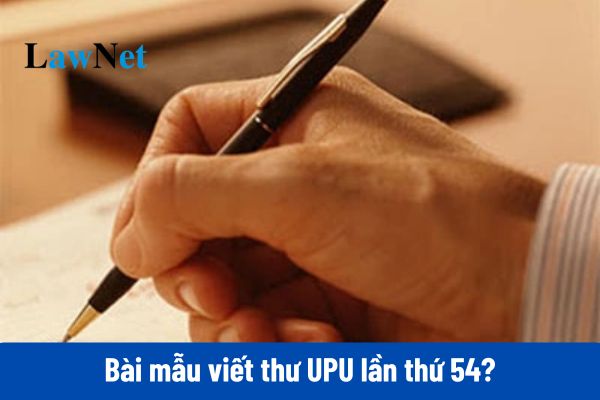
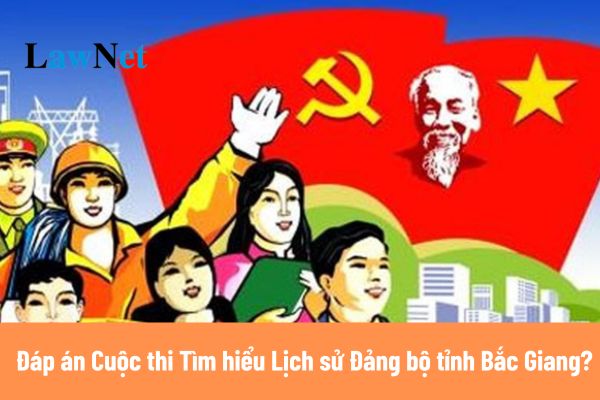
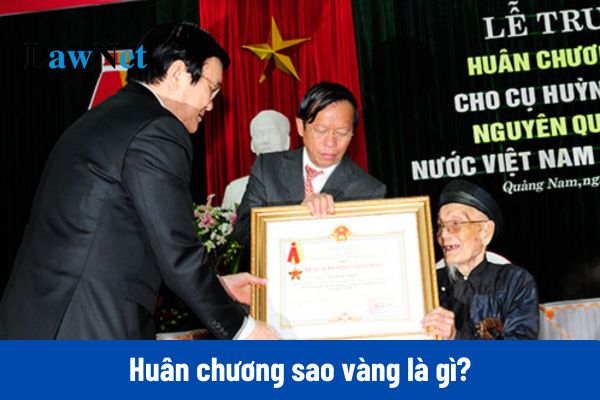
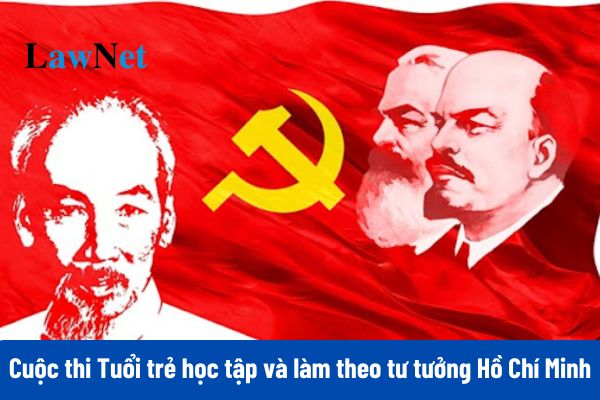
- How many parts does the format of e-invoices have? If individual businesses no longer use tax authority-ordered printed invoices in Vietnam, how long do they have to destroy them?
- Ministry of Finance of Vietnam guides early retirement policy under the Decree 178: What authority and responsibility does the Ministry of Finance of Vietnam have in fee and charge management in Vietnam?
- Can Tho City Tax Department provides guidance on the implementation of Decree 20 on related-party transactions
- Is it necessary to notify the supervisory tax authority when selecting a currency unit in accounting in Vietnam?
- When buying inventory in Vietnam, if the input VAT is deductible, which accounts should be recorded?
- What is the Form 01/XSBHDC on personal income tax declaration 2025 for multi-level marketing enterprises in Vietnam?
- How to download the advance payment slip form according to Circular 200? How to fill out the advance payment slip form in Vietnam?
- Is it mandatory to use a digital signature for e-tax transactions in Vietnam?
- Vietnam: Shall the TIN of the household business's representative be deactivated when the household business ceases operations?
- What is the guidance on looking up the 2025 PIT debts in Vietnam? Which agency has the authority to cancel tax debts in Vietnam?

